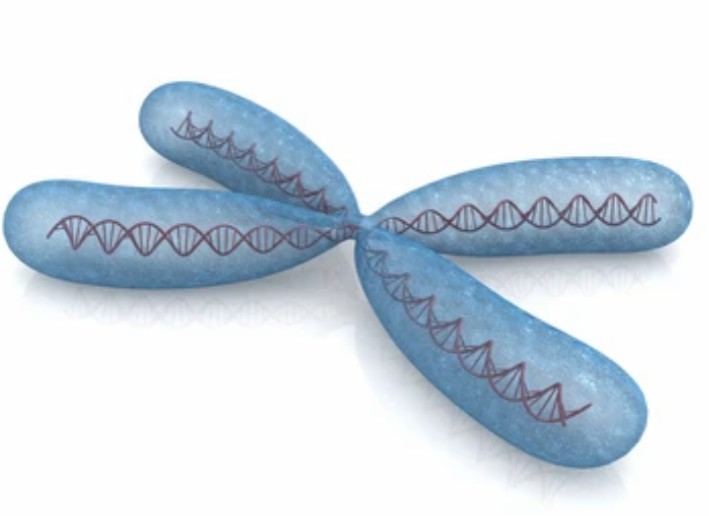
Histone post-translational modifications (PTMs) are essential for both dynamic and sustained regulation of the genome. Histone PTMs have been shown to play a key role in the regulation of multiple diseases as one of the epigenetic regulatory mechanisms. Currently, the diagnosis and prognosis by analyzing histone modifications pave the way for clinical epigenetics, while drug design and development based on histone PTM mechanisms are evolving. Creative Proteomics is providing histone PTM analysis services, including histone isolation and enrichment service, histone PTM identification service, quantitative analysis of histone PTMs, and histone PTM data analysis service.
Biological mechanism of histone PTMs
- Main types of histone PTMs
Nucleosomes are the basic units of chromatin and consist of DNA and core histone octamers. Histone PTMs regulate gene expression by altering chromatin structure and protein-protein interactions. The main types of histone PTMs include acylation (e.g. acetylation, benzoylation, butyrylation, crotonylation, glutarylation, lactylation, etc.), ADP-ribosylation, dopaminylation, glycosylation, methylation, phosphorylation, serum acylation, threonylation, and ubiquitination. - The role of histone PTM in gene transcription and recombination
Histone PTMs are present both at the ends of histone tails and in their globular core regions. Different types of PTM exert transcriptional regulation through multiple mechanisms. Currently, two main mechanisms have been identified. Direct-acting histone PTMs usually regulate gene transcription by inducing local structural changes in chromatin. Indirect-acting histone PTMs affect gene transcription by binding to effector proteins or chromatin remodeling complexes. - The role of histone PTM in DNA repair
DNA damage affects genome integrity, with DNA double-strand break (DSB) being the most detrimental type of DNA damage. DSB has been reported to induce histone phosphorylation, thereby promoting its further diffusion. In addition, the regulation of histone methylation is critical for transcriptional silencing after DNA damage. - The role of histone PTM in DNA replication
Increasing evidence has shown that histone PTMs, especially acetylation and methylation, play an important role in the regulation of DNA replication initiation.
Service offering
The systematic identification and quantification of histone PTMs is challenging due to their wide variety, diverse types, and dynamic changes. Moreover, the low abundance of binding proteins and weak binding to histone modifications have not been properly addressed for effective identification in complex systems. Based on advanced mass spectrometry (MS) and improved laboratory techniques, Creative Proteomics has established a highly sensitive systematic analysis platform and provides a series of services for the enrichment, identification, quantification, and analysis of histone PTMs. Our services can be applied to a variety of cell lines, such as tumor cells and stem cells, to help clients study the dynamic change pattern of histone modifications, identify abnormal histone modifications in pathological states, and explore new biological functions of histone modifications.
Explore our specific services
Advantages of our service
- Rapid and efficient service with optimized protocols.
- Reproducible results that keep post-translational modifications intact.
- Solving problems with professional knowledge and creativity.
- Affordable and fast turnover service.
- Fast and traceable service for urgent project needs.
Histone PTMs are considered to be an important class of epigenetic code whose abnormalities are closely associated with the development of major diseases (such as cancer) and are currently a hot spot for research on tumor markers and anti-tumor drugs. Creative Proteomics is dedicated to the comprehensive and reliable identification and quantification of histone PTMs. If you are interested in our services, please contact us. We would love to hear from you.
References
- Biterge, B. "A mini review on post-translational histone modifications." MOJ Cell Sci. Rep 3 (2016): 26-28.
- Lu, Congcong, et al. "Accelerating the Field of Epigenetic Histone Modification Through Mass Spectrometry–Based Approaches." Molecular & Cellular Proteomics 20 (2021).
Services You May Be Interested In
Our products and services are for research use only.

